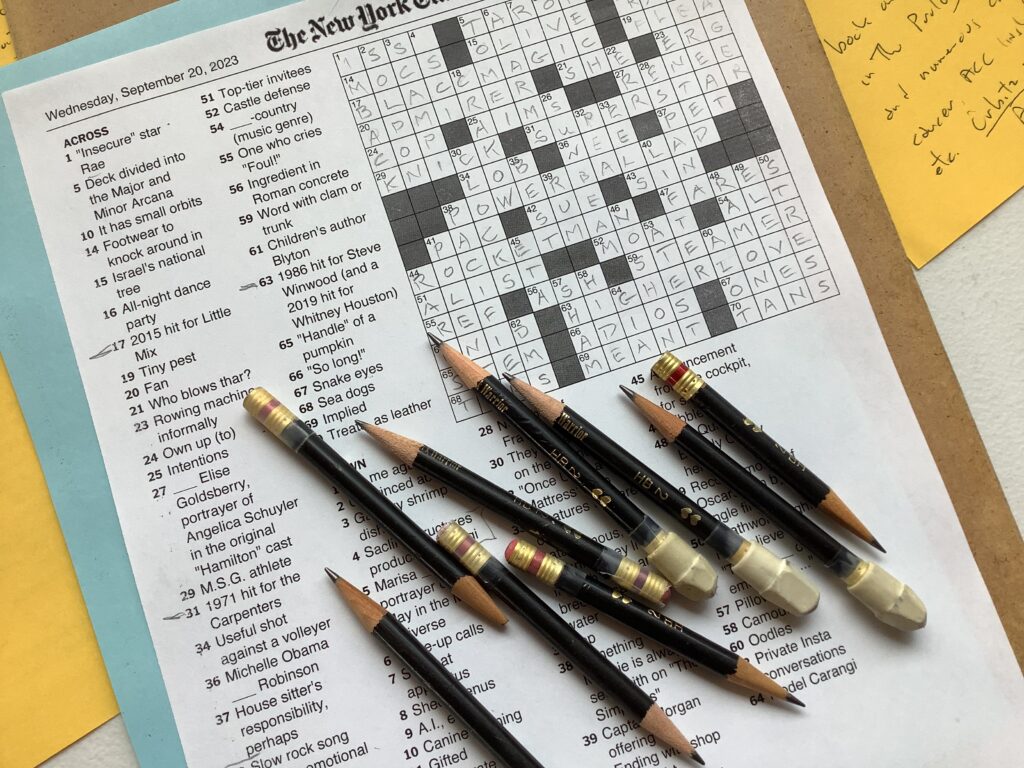This letter was published in the Greenfield Recorder, a wonderful forum for community opinions. It’s not meant to endorse any actions on either side of the current Middle East situation, but merely understand at least one Arab’s point of view.
(Note — Salmon Falls is at the center of Shelburne Falls and was a place for Mohawk and Penobscott Native Americans to hunt salmon in peace.)
—–
I read that many think anti-semitism is behind a lot of the Palestinian aggression. I believe this is a mistake, caused by our own experience with anti-semitism in this country. It is a pervasive, nasty undercurrent in a lot of our society. A real estate agent once told me a good reason to buy in a certain Boston suburb was “there is no temple, if you know what I mean.” Another time, in a different suburb, after having bought a house from a Jewish family, we were told by the neighbors how glad they were to see Christmas lights again.
Whether, in fact, one is themself an anti-semitic, or offended by anti-semitism, it is easy to look at the Arabs attacking Israel and nod in understanding.
It probably goes to our religious heritage, with a strong European Christian component bearing prejudice against those of a more middle-Eastern Jewish heritage. In fact, there is European and US prejudice against many middle Eastern cultures. The Holocaust also wiped out most of the Roma in Europe, and today, anger at Muslims is high in both Europe and our country.
Maybe Jews and Muslims have more in common, with their middle Eastern roots, than Jews and Euro-centric Christians. Maybe something else is going on there that we don’t relate to.
I was talking with an Arab friend once about the Middle East, and curious about his views on Jews and Israel. It turns out he had a profound respect for both Jews and Judaism. He expressed a deep understanding of their religious beliefs and the life style they live based on those beliefs. This was a respect that I had never heard in this country, even from my Jewish friends.
I’m thinking he saw the similarities between those of each faith who live by an understanding of the way God/Allah works in one’s life. Both Judaism and Islam are peaceful religions, emphasizing an individual’s relationship with their God.
But my Arab friend continued, “no, I have no issue with Jews, it’s Zionism I hate.”
The problem, for him, was that land was granted to Jews for a Jewish state, and that Arabs were displaced from that land to make it possible.
I think we can understand this sort of feeling with issues in our own country. Take affirmative action. These programs were put in effect to help correct our history of racial injustice, to give Blacks better access to, say, college. Now, take a white family trying to get their kid in college. They might be upset that they are the ones being asked to make a sacrifice, in a lowered chance for their kid, to correct racial injustice. It doesn’t mean that they’re racist (although they might be), it means they’re mad that some government decision said that they’re ones who should have to sacrifice to fix racial injustice.
The same can be seen with the ACA mandate. People were being forced to buy insurance that they didn’t want to buy, in order for the insurance companies to make enough money to provide cheaper insurance for those less fortunate. The issue, again, is that they didn’t see why they should be the ones to have pay the price of fixing a societal injustice.
For many of us in this country, knowing of the history of persecution of the Jews, we think, yes, fantastic, there should be a Jewish homeland. The problem is the Arabs who lost their land to make that happen are upset that they’re the ones being asked to sacrifice to remedy years of Jewish persecution.
I know many non-native Americans are bothered by how we treated the Native Americans, but I can’t say as I know of anyone who has offered to give their home, their small bit of land, back to a Native American family. I don’t think those of us in Shelburne Falls would be particularly happy if the government, a thousand miles away, decided we had to move out in order to give Salmon Falls and our village back to descendants of the Mohawks and Penobscotts.
Dennis Merritt
Shelburne Falls


